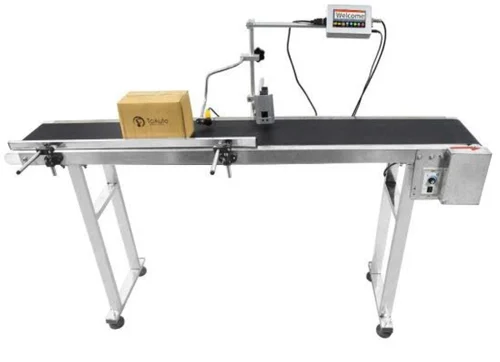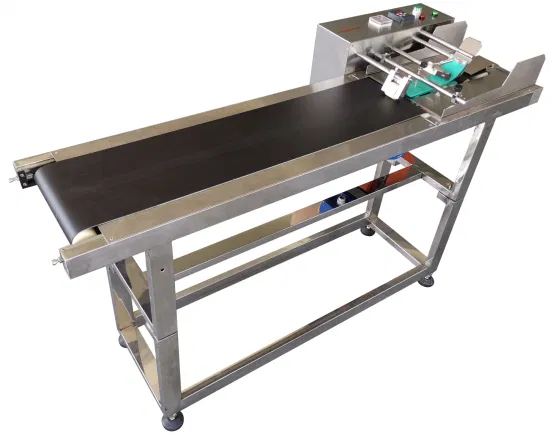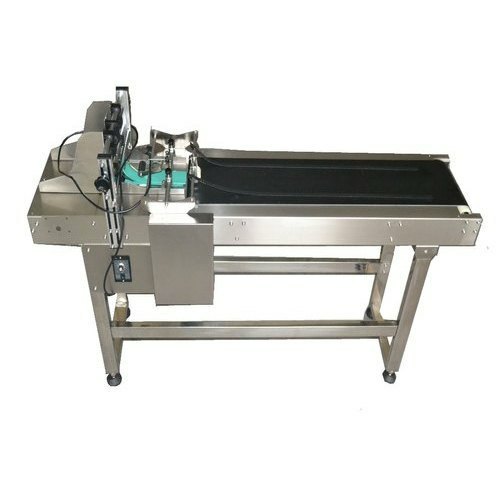Industrial conveyors and feeders are indispensable components within manufacturing and production processes, facilitating the seamless movement of materials and products throughout various stages of production. These systems are instrumental in enhancing efficiency, productivity, and safety across a myriad of industries, ranging from automotive and food processing to pharmaceuticals and logistics. Conveyors form the backbone of modern industrial operations, serving as automated pathways for transporting goods within factories, warehouses, and distribution centers. They come in diverse forms, including belt conveyors, roller conveyors, chain conveyors, and overhead conveyors, each tailored to specific applications and environments. Belt conveyors, for instance, utilize continuous loops of material to convey items horizontally, vertically, or on inclined planes, ideal for transporting bulk materials or packaged goods over long distances with minimal manual intervention. Meanwhile, roller conveyors employ a series of rollers to move items along a path, suitable for handling heavier loads or irregularly shaped objects such as pallets or drums. Chain conveyors utilize chains driven by motors to propel materials forward, offering robustness and reliability in harsh operating conditions. Additionally, overhead conveyors utilize overhead tracks to carry items, maximizing floor space utilization and enabling complex material handling processes, such as paint finishing or assembly operations.


